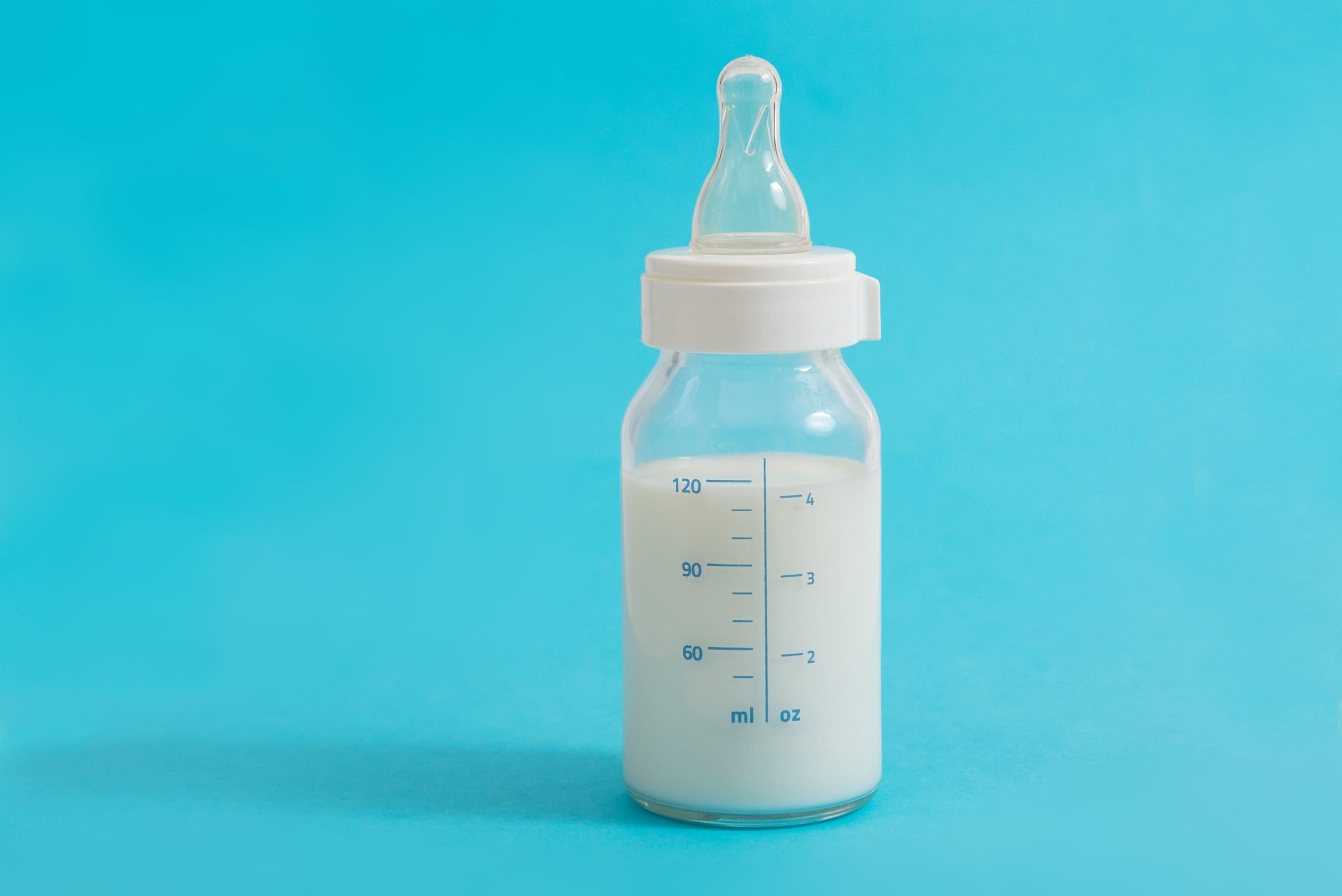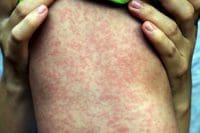On March 3 the Washington State House overwhelmingly passed the “Safe Baby Bottle Act” (SSB 6248), a bill to eliminate the chemical bisphenol A (BPA) from baby bottles, sippy cups, and other children’s dishware, as well as from sports bottles. The Senate is likely to concur, and Washington state Gov. Chris Gregoire is expected to sign the bill.
BPA is a synthetic sex hormone that research links to cancer, miscarriage, obesity, reproductive problems, and hyperactivity. Recent scientific studies also show infants are more susceptible to BPA, because it stays longer in their bodies than in adults.
“This bill is a great win for Washington’s children,” said Karen Bowman, environmental health specialist with the Washington State Nurses Association. “Children have the right to reach their full potential, and the Safe Baby Bottle Act is a great step in the right direction. Nurses across the state are celebrating.”
The Safe Baby Bottle Act eliminates BPA from baby bottles, sippy cups, and other food and beverage containers intended for children three years of age and under beginning July 2011. It also bans BPA in sports bottles beginning July 2012.
With passage of the bill, Washington becomes only the second state to ban BPA in sports bottles, and the fifth state to ban the chemical in baby bottles and other children’s food and beverage containers. Maryland and Wisconsin passed bans earlier this year, and Minnesota and Connecticut passed bans in 2009. Several other states, including California, Vermont, New York, and Illinois have similar bans pending.
“This is a huge victory for children’s health and for parents,” said State Rep. Mary Lou Dickerson (D-Seattle), the prime sponsor of the house version of the legislation. “Dangerous chemicals like BPA have no place in baby bottles, sippy cups or any product children put in their mouths.”
Ivy Sager Rosenthal, campaign director for the Washington Toxics Coalition, added, “The Legislature gets a gold medal for protecting children’s health. BPA is a bad actor chemical, and Washington has done the right thing in getting it out of products that expose kids and pregnant women. The bill sends a strong message to companies that they should stop using BPA in all of their products.”
The bill was one of the top priorities of the Environmental Priorities Coalition and was supported by a diverse coalition of nurses, physicians, consumer advocates, children’s advocates, and environmentalists.
Major baby bottle manufacturers, including Avent, and Playtex, have started phasing out the use of BPA in their products. Nalgene and Camelbak, makers of sports water bottles, have already made the switch to BPA-free materials.



















1 Comment.
Breastfeeding protects our children from BPA. The public needs to be aware that only breastfeeding can provide the purest nutrition for our babies who are, as correctly stated, our vulnerable population.